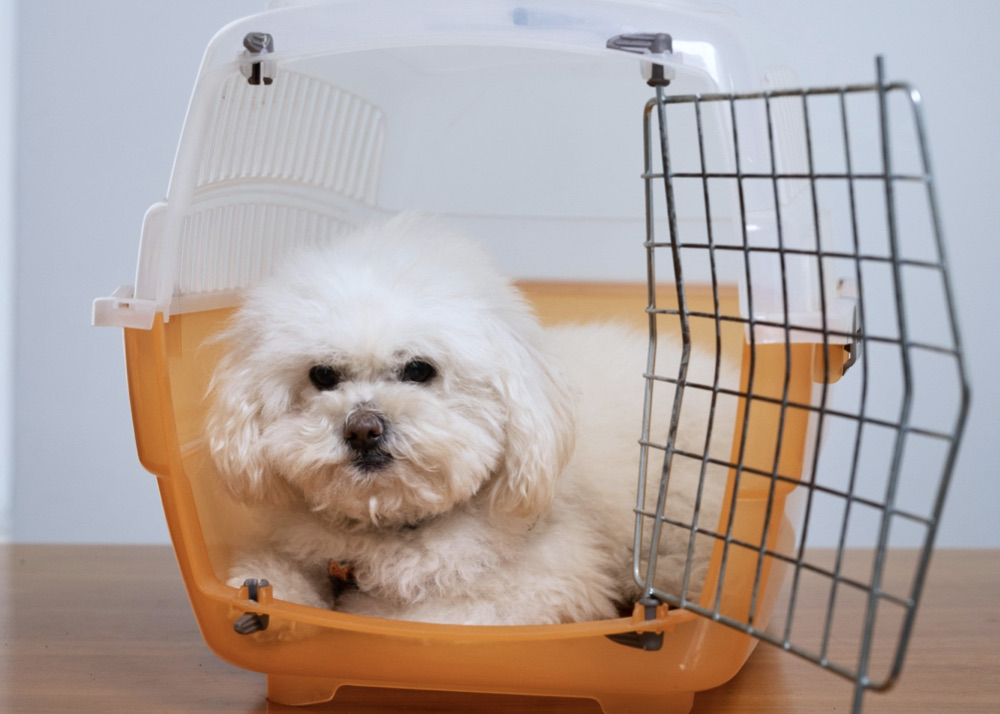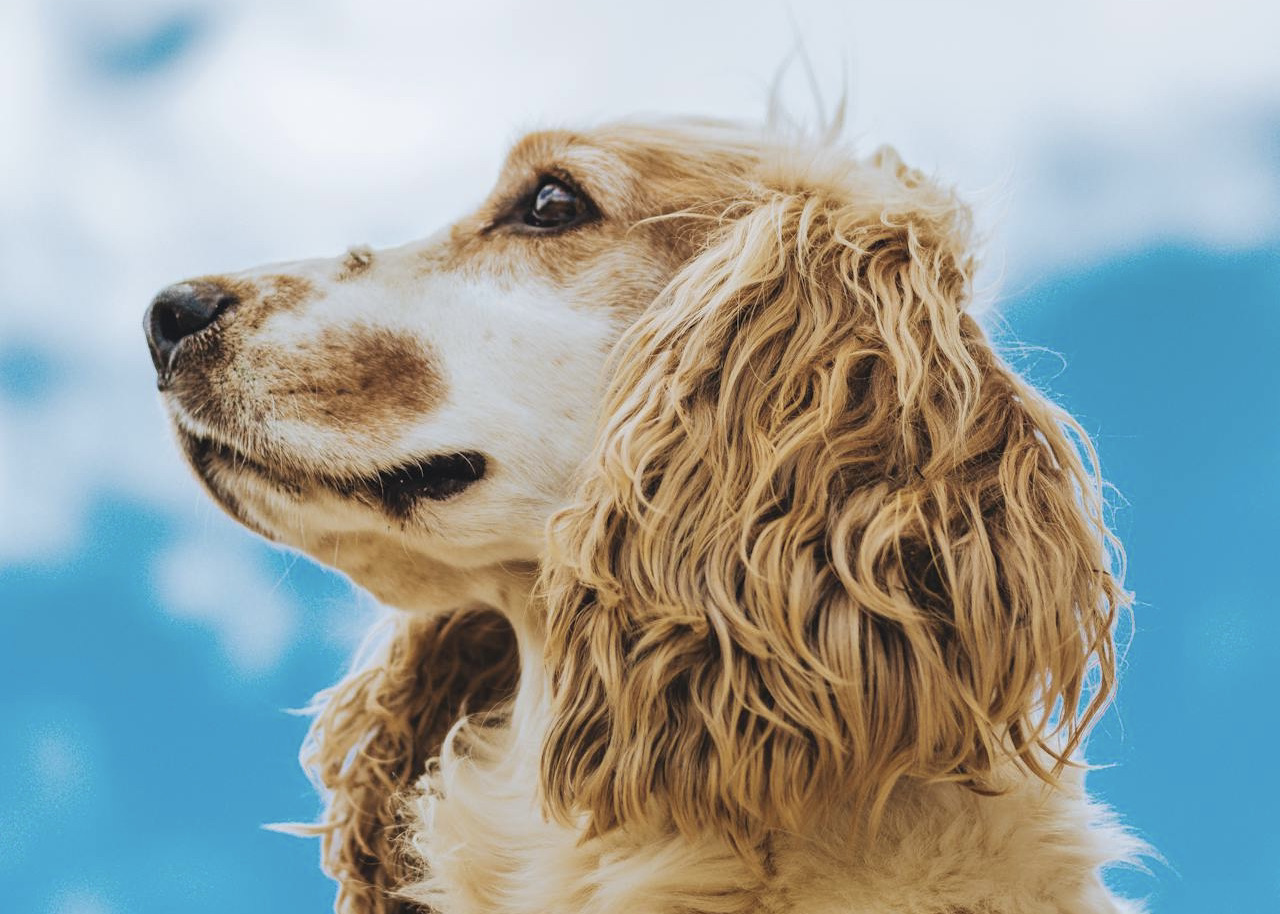Flying with dogs has become a favored choice for many dog owners seeking to include their canine companions in their travel plans. This increase in dog-inclusive air travel highlights the unique bond between dogs and their owners and the need for careful preparation. To ensure a comfortable and stress-free journey for both dogs and their owners, understanding and adhering to specific travel guidelines and best practices is essential. This guide offers crucial insights and tips tailored to make flying with dogs a seamless and enjoyable experience.
Understanding Airline Policies
It’s vital for dog owners to research and comprehend each airline’s specific policies for traveling with dogs. These policies often differ greatly, so contacting the airline directly for the most updated information is advisable. Dog owners should be particularly mindful of breed and size restrictions that could impact their travel plans.
Health and Safety Considerations
A veterinary check-up prior to travel is crucial to confirm a dog’s suitability for air travel and verify that all vaccinations are current. Proper identification for dogs, including microchips and updated ID tags, is also critical. Additionally, owners should be aware of potential health risks, especially for breeds susceptible to travel-related stress or health issues, and take steps to address these risks.
Preparing Your Dog for Travel
Crate training is a key aspect of preparing a dog for travel and flying with dogs, helping to significantly reduce stress by acclimating the dog to their carrier ahead of the journey. Familiarizing dogs with the travel environment, such as the sounds and movements typical of a flight, is also beneficial. Creating positive associations with the crate through treats and praise can make the experience less daunting. Additionally, practice sessions in the crate can help your dog adjust to longer durations of confinement, mimicking the time they will spend in their carrier during the flight.

Image by Freepik
Day-of-Travel Tips
Essential items for your dog, like food, water, toys, weather gear, and medications, should be packed. Adjusting your dog’s feeding and exercise routine before the flight can aid in maintaining their calmness. Additionally, knowing the check-in and security procedures for traveling with dogs can streamline the process. Arriving early at the airport can reduce the stress of rushing and provide time for your dog to adapt to the bustling environment. Consider also bringing a familiar blanket or toy in the crate to comfort your dog.
Maintaining your dog’s comfort during the flight is paramount. This includes strategies for keeping them relaxed and managing any anxiety or stress they might face during the flight. For long flights, ensuring your dog has access to water is essential. If possible, select flight times that align with your dog’s normal routine to minimize disruption to their sleep and feeding schedule.
Conclusion
A successful journey with your dog hinges on thorough preparation and attention to detail. Careful planning and prioritizing your dog’s wellbeing are crucial for a pleasant travel experience. Remember, the goal is to make the journey as stress-free as possible for both you and your dog, ensuring a memorable and enjoyable trip together.
Airline-Specific Policies for Flying with Dogs
- American Airlines: Allows dogs in cargo, with specific services for military. Fees: $125 for carry-on, variable for cargo.
- Delta Air Lines: Permits dogs in the cabin with age and flight restrictions. Fee: $125.
- Frontier Airlines: Offers cabin travel for dogs, no health certificate needed for domestic flights. Fee: $99.
- Hawaiian Airlines: Requires health certificates; weight limits apply. Fees: $125-$225.
- JetBlue: Allows dogs in the cabin with a 20-pound weight limit. Fee: $125.
- Southwest Airlines: Accepts dogs in the cabin with carrier limits. Fee: $95 per carrier.
- Spirit Airlines: Permits cabin travel with a 40-pound weight limit. Fee: $110 per container.
- United Airlines: Offers cabin travel with specific restrictions. Fee: $125, plus additional for long stopovers.
Adhering to these airline policies and following best practices ensures a safe and comfortable journey for dogs and their owners.




